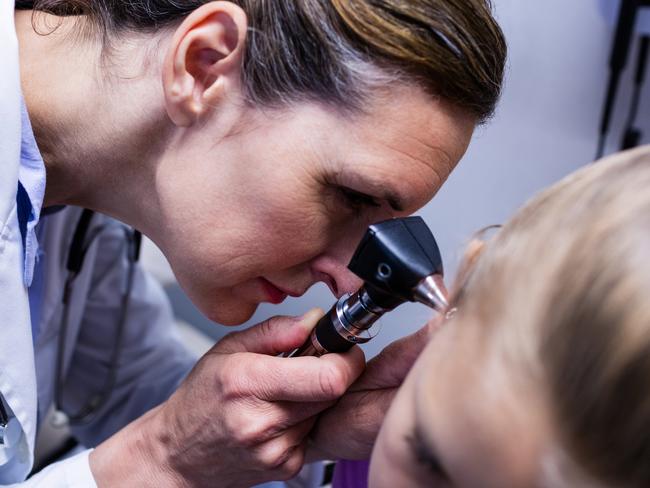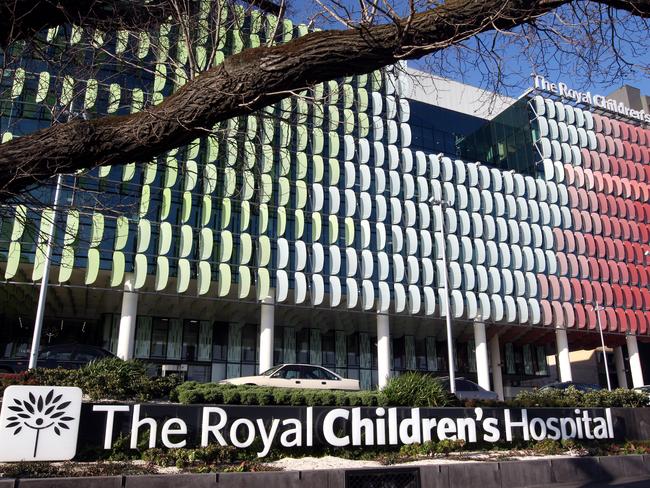Breakthrough prevents deafness in kids after lifesaving chemotherapy
CHILDREN may no longer be left deaf as a result of lifesaving chemotherapy following a breakthrough that can protect them from the severe side effect.
VIC News
Don't miss out on the headlines from VIC News. Followed categories will be added to My News.
CHILDREN may no longer be left deaf as a result of lifesaving chemotherapy following a breakthrough that can protect them from the side effect.
Until now, one of the most effective treatments for childhood cancers caused severe and permanent hearing loss in two out of three young patients who depend on it.
However, an international trial involving the University of Melbourne and the Royal Children’s Hospital has discovered a medicine previously used to treat poisoning can protect children’s ears during chemotherapy, allowing their lives and hearing to be saved.
RCH LAUNCHES REAL-TIME WAIT LIST WEBSITE
WHY EXERCISE IS A MUST FOR CANCER PATIENTS
PRECISION MEDICINE REALITY FOR VICTORIAN KIDS WITH CANCER

The study’s results are so strong the RCH has already begun combining the drug with chemotherapy for its young patients, study chair Prof Michael Sullivan said.
“For the last 30 years we have been successfully treating children and they end up losing their hearing, so it is a significant downside,” Prof Sullivan said.
“We have been creating a population of deaf survivors for many years,”
“We all have these children coming back to us in our clinics who have been cured of their cancer, but they have hearing aids.”
Developed more than 30 years ago, powerful chemotherapy drug Cisplatin has been able to cure more than 90 per cent of the cancers it is now used on but, as well as targeting tumours, it also penetrates the inner ear, where it destroys hearing cells.

But an international collaboration has now found an antioxidant called sodium thiosulfate, used to treat accidental cyanide poisoning, can also penetrate the ear and protect the hearing cells from the chemotherapy drug.
Results published on Thursday in the New England Journal of Medicine revealed the drug was so protective only 33 per cent of children receiving the antioxidant suffered hearing loss during chemotherapy, compared to 66 per cent who had Cisplatin on its own.
With Cisplatin also used in a range of other childhood cancers, Prof Sullivan said the breakthrough could save the hearing of hundreds of children in Australia and New Zealand each year.
“We are able to show that the use of this drug is able to decrease the hearing loss by half,” he said.


